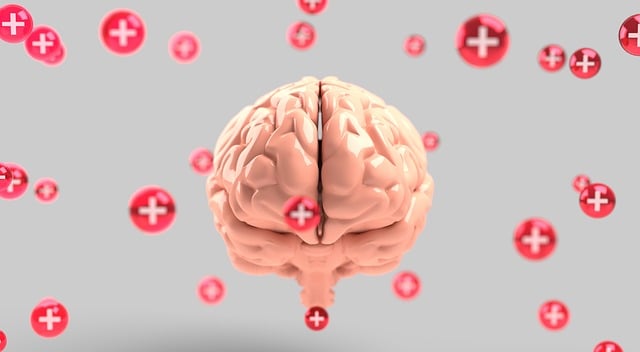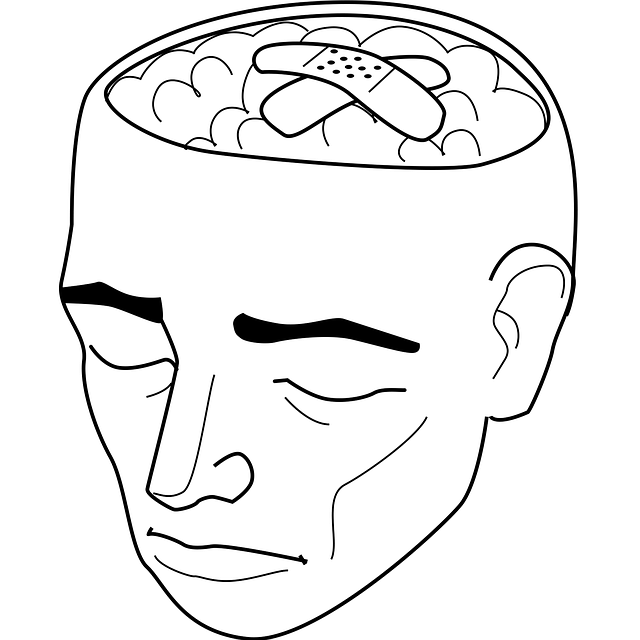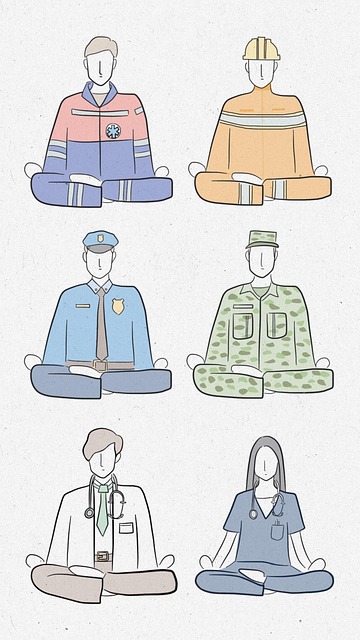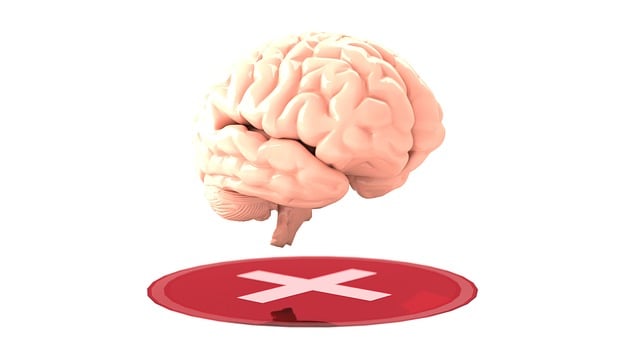Adolescent stress in blended families is a growing concern, linked to anxiety, depression, and behavioral issues. Early intervention through tailored therapy, like CBT or mindfulness practices, is crucial. Risk assessment tools and mental wellness resources can help identify at-risk teens. Workshops focused on stress management for this demographic should incorporate interactive activities, group discussions, and relatable content. These sessions aim to teach healthy coping mechanisms, improve family communication, and foster resilience, backed by community outreach and mental health campaigns. Facilitators must create safe spaces, set clear goals, and use diverse engagement techniques for effective outcomes in therapy for adolescent teens in blended families.
Stress management workshops tailored for adolescent teens within blended families can significantly mitigate the impact of stress on their emotional well-being and family dynamics. This article delves into three key areas: understanding the unique stressors faced by adolescents in these households, designing engaging and effective workshop content, and implementing strategies to foster a supportive environment that promotes successful outcomes. By exploring evidence-based techniques, parents and caregivers can equip teens with valuable tools for managing stress through therapy, enhancing their overall resilience.
- Understanding Adolescent Stress and its Impact on Blended Families
- Designing Effective Stress Management Workshops for Teens
- Strategies to Implement and Promote Workshop Success in a Supportive Environment
Understanding Adolescent Stress and its Impact on Blended Families

Adolescent stress is a significant concern within blended families, where teens navigate complex dynamic shifts and unique challenges. These transitions can lead to heightened anxiety, depression, and behavioral issues. Research highlights that adolescents in blended households often experience difficulties in forming secure attachments, especially when there are frequent changes in living situations or relationships. This can result in a range of mental health concerns.
Implementing therapy for adolescent teens within these families is crucial. It provides a safe space for them to process their emotions and experiences. Through specialized therapy sessions, professionals can help adolescents develop essential self-care routines for better mental health. The Risk Assessment for Mental Health Professionals plays a vital role in identifying at-risk individuals early on, allowing for timely interventions. Additionally, producing a Mental Wellness Podcast Series can offer valuable insights and support, reaching a wider audience and fostering open conversations about adolescent stress management.
Designing Effective Stress Management Workshops for Teens

Designing stress management workshops tailored for teens is a nuanced task that requires understanding their unique challenges and preferences. Adolescent teens, especially those from blended families, often face heightened stress levels due to family dynamics, academic pressures, and peer relationships. Workshops should thus be created to address these specific stressors, promoting healthy coping mechanisms. Incorporating interactive activities, group discussions, and relatable content can make the sessions engaging and effective.
Effective workshops for teens should emphasize practical communication strategies, offering tools to express emotions and resolve conflicts within their families and social circles. Community outreach program implementation and public awareness campaigns development around mental health can further bolster these initiatives. By fostering an environment of open dialogue and support, these workshops aim to equip adolescent teens with the resilience needed to navigate life’s challenges, ensuring they receive the therapy for adolescent teens blended families often require.
Strategies to Implement and Promote Workshop Success in a Supportive Environment

To ensure the success of stress management workshops for adolescent teens from blended families, organizers should focus on creating a supportive environment that encourages open communication and active participation. One effective strategy is to integrate therapy techniques tailored for this demographic, such as cognitive-behavioral therapy (CBT) or mindfulness practices, which can help participants develop coping skills for managing stress and anxiety.
Promoting workshop success involves a multi-faceted approach. Facilitators should provide clear goals and structure for each session, ensuring that activities align with the overall objectives of improving mood management and fostering mental wellness. Interactive elements like group discussions, role-playing scenarios, and Mental Wellness Journaling Exercises can enhance engagement and allow teens to apply learned coping skills in safe, supportive settings. Additionally, incorporating diverse activity formats—including both individual and group exercises—can cater to different learning styles and maintain participant interest throughout the workshop.










